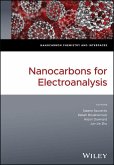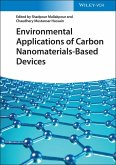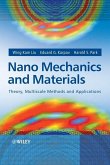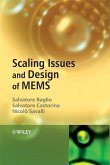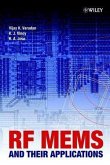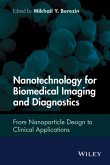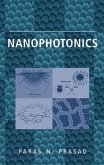Recent advances in nanomedicine offer ground-breaking methods for the prevention, diagnosis and treatment of some fatal diseases. Amongst the most promising nanomaterials being developed are magnetic nanomaterials, including magnetic nanoparticles and magnetic nanosensors. Some nanomagnetic medical applications are already commercially available with more set to be released over the coming years. Nanomedicine, Design and Applications of Magnetic Nanomaterials, Nanosensors and Nanosystems presents a comprehensive overview of the biomedical applications of various types of functional magnetic materials. The book provides an introduction to magnetic nanomaterials before systematically discussing the individual materials, their physical and chemical principles, fabrication techniques and biomedical applications. This methodical approach allows this book to be used both as a textbook for beginners to the subject and as a convenient reference for professionals in the field. * Discusses magnetic nanoparticles including nanowires, nanotubes, zero-dimensional nanosperes and naturally existing magnetosomes. * Examines intrinsically smart magnetic materials and describes their part in the development of biomedical sensors and biochips, which are often used in biomedical tests. * Integrates the research efforts of different disciplines - from materials sciences to biology and electrical engineering to medicine - in order to provide a unified and authoritative guide to a richly interdisciplinary field. This volume is of great appeal to students and researchers in the fields of electrical and electronic engineering, biomedical engineering, nanotechnology, materials science, physics, medicine and biology. It is also of interest to practising engineers, materials scientists, chemists and research medical doctors involved in the development of magnetic materials and structures for biomedical applications.
Dieser Download kann aus rechtlichen Gründen nur mit Rechnungsadresse in A, B, BG, CY, CZ, D, DK, EW, E, FIN, F, GR, HR, H, IRL, I, LT, L, LR, M, NL, PL, P, R, S, SLO, SK ausgeliefert werden.



